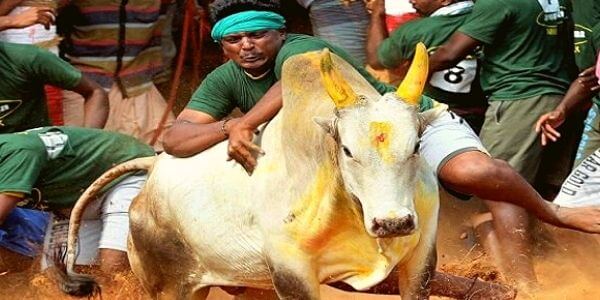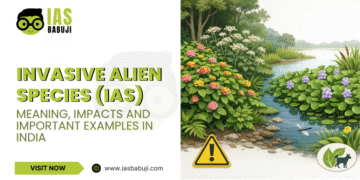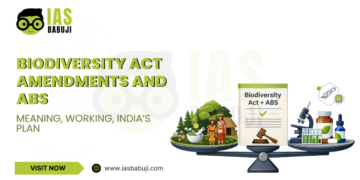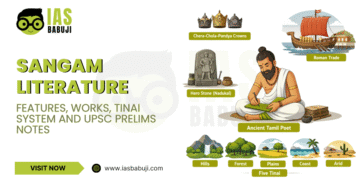For the IAS Exam, it is critical to have a thorough understanding of Jallikattu. In this article, you’ll discover about PETA against jallikattu, jallikattu images/photos, the History of jallikattu, and the jallikattu Festival. Let’s take a closer look at Jallikattu and the difficulties surrounding it.
What is Jallikattu?
The Jallikattu belt, which includes Madurai, Tiruchirappalli, Pudukkottai, Theni & Dindigul, is famous for bull-taming. During the Tamil harvest festival of Pongal, Jallikattu is held in the second week of January. Jallikattu, a 2,000-year-old custom, is a competitive activity as well as a ceremony honoring bull owners who raise them for mating. It’s a violent sport in which contestants attempt to tame a bull in exchange for a prize; if they fail, the bull’s owner receives the award.
Why in the news:
- Despite the increased number of COVID-19 instances, the Tamil Nadu government has approved the practice of Jallikattu, Manjuvirattu, and Vadamadu.
- Only half of the seating space can be filled, and the number of spectators at the Jallikattu event will be limited to 150 to guarantee that physical distance rules are followed.
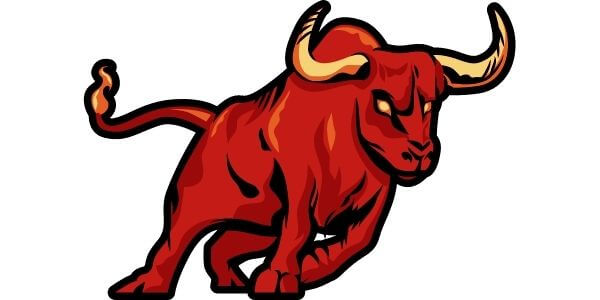
History of Jallikattu
- During the Tamil classical period, jallikattu was known to be practiced (400-100 BC).
- It was widespread among the Ayar people of the old Tamil country’s ‘Mullai’ geographical division.
- Later, it was used as a stage for bravery demonstrations, with prize money provided to promote participation.
- The National Museum in New Delhi has a seal exhibiting the technique from the Indus Valley Civilization.
- A 1,500-year-old cave painting in white kaolin uncovered in Madurai depicts a lone man trying to manage a bull.
For more information about Modern History Notes for UPSC – History of Modern India. visit the linked article
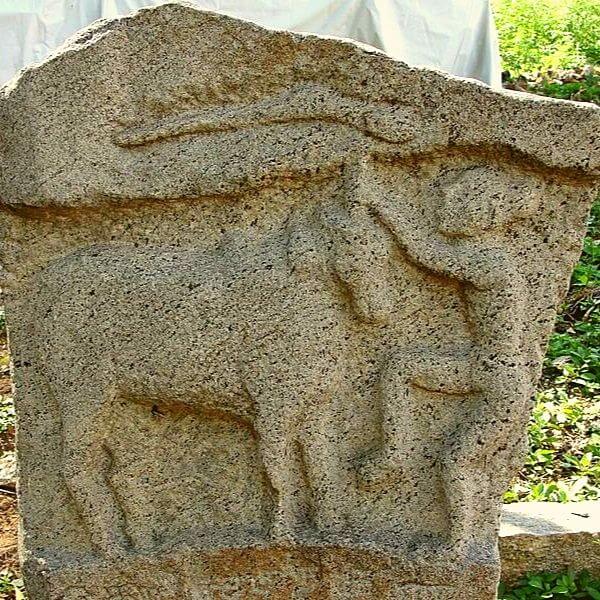
Festival of Jallikattu
- On Mattu Pongal, the 3rd day of the harvest festival, the festival is held. Its name comes from the Tamil words’Jalli’, which means coins, and ‘kattu,’ which means package.
- This is the bag of coins linked to the bull’s horns that the players try to get their hands on.
- The bull species Bos indicus, sometimes known as humped cattle, is bred specifically for Jallikatu. Bulls that perform well in the competition are later used for breeding.
- According to tradition, Lord Shiva had requested his bull, Basava, to send a message to those on Earth, instructing them to take an oil bath every day and eat once a month for six months.
- Basava, on the other hand, muddled the ideas and ended up recommending that people eat every day & take an oil bath once a month.
- Lord Shiva was enraged by this, and he cursed Basava to assist humanity in ploughing fields.
- Those who believe in this legend offer prayers to the cattle and attempt to tame them during the Jallikattu festival.
Further, We’ll also talk about the Peta against Jallikattu, the legal battle, the importance of Jallikattu in Tamil culture, and images or photos.
Also, check the following page for more information on the Civil Services Exam 2022.
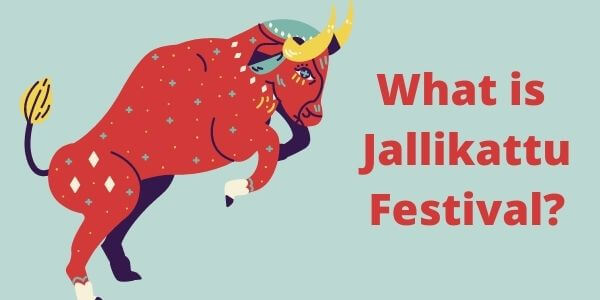
Peta Against Jallikattu
The sport is known as bull-taming, and it has been suggested that it violates the Prevention of Cruelty to Animals Act (PETA). Bulls may be hurt during the competitions, posing a threat to animal welfare. The sport of Jallikattu has long been challenged, with animal rights organizations and courts concerned about animal cruelty and the sport’s gory and hazardous character, which results in death and injuries to both bulls and human participants. There have also been instances of bulls being forced to consume alcoholic beverages to perplex them and peppers being rubbed in their eyes to irritate them. In addition, various things, such as knives or sticks punched, stepped on, and hauled to the ground, cut them during attempts to control the bull.
Jallikattu Legal Battle:
- 2007: The Animal Welfare Board of India and the animal rights organization PETA filed Supreme Court petitions to ban Jallikattu and bullock cart racing.
- 2009: The Tamil Nadu government, on the other hand, managed to get around the restriction by passing a law that was signed by the Governor in 2009.
- Bulls were added to the list of animals forbidden from being trained or shown in 2011.
- The sport of bull-taming was outlawed by the Supreme Court in 2014, following a petition that cited the 2011 notification.
- 2017: The Tamil Nadu government issued an ordinance amending the central Act and enabling Jallikattu in the state to overturn the Supreme Court’s 2014 decision. The President later ratified the agreement.
- The Supreme Court referred the Jallikattu matter to a Constitution Bench in 2018, where it is now pending.
Importance in Tamil Culture
- Jallikattu is a traditional method for peasants to maintain their pure-bred native bulls.
- At a time when cattle breeding is sometimes an artificial procedure, conservationists and peasants claim that Jallikattu is a way to conserve male animals that are otherwise utilized primarily for meat or ploughing.
- The state and central governments have struggled to develop a regulating structure for Jallikattu, as well as whether Tamil Nadu may preserve it as a cultural right under Article 29(1) of the Constitution.
- Any group of persons residing in India’s territory or any portion of it who speak, write or practice a separate language, script, or culture has the right to preserve that language, script, or culture.
- C S Chellappa’s magnificent novel ‘Vaadivaasal’ (Arena), a tiny work written in the 1940s with a handful of male characters and bulls, is perhaps the best reference to the cultural universe of Jallikattu.
Kambala Remark
- The yearly buffalo race in Karnataka is known as Kambala. It is traditionally sponsored by local Tuluva landlords and households in the coastal regions of Karnataka’s Udupi and Kerala’s Kasaragod. Tulu Nadu is the name given to this region as a whole. The Kambala season usually begins in November and ends in March.
- The buffalo pair was run one by one in traditional Kambala, which was non-competitive. In modern Kambala, the competition is between two buffalo pairings. Farmers race their buffaloes to reward them for protecting them from diseases, which has a ritualistic aspect.
- Kambala, according to PETA, also entails cruelty to animals who are not physically fit for racing.
Look at the images/photos of jallikattu below.
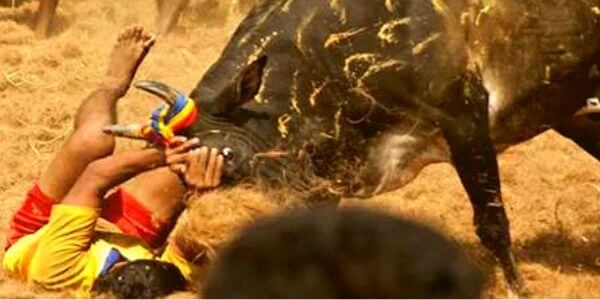
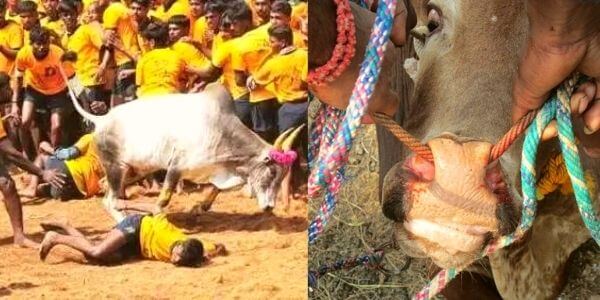
Images & Photos of Jallikattu
Conclusion
It is a component of Tamil tradition, and it must be carried out with care for both animals and humans. It should be governed by a governing body. Jallikattu has become one of the most talked-about themes in the UPSC exams since it encompasses a wide range of issues in the state, from farm debt to drought relief. While reading the article, make a note of everything that stands out to you. As a result, we have covered all the details of jallikattu History, Festival, PETA against jallikattu, Legal battle & Images or photos that can help you in your IAS exam preparation in this Article.
FAQ
PETA has urged the Tamil Nadu government to reverse its decision to allow jallikattu (bull taming) to take place, citing a petition signed by 52 doctors from around the country addressed to chief minister Edapaddi Palaniswami and health minister C Vijayabhaskar.
The Supreme Court outlawed jallikattu in 2014, but the Tamil Nadu and federal governments intervened to overturn the decision, despite widespread protests in the state. Many followers claimed that the ban was a slap in the face to Tamil nationalism. Jallikattu supporters also argue that it aids in the identification of powerful bulls for breeding purposes.
The most popular locations are Alanganallur, Palamedu, and Avaniyapuram in Madurai district. Jallikattu is usually held in central and southern Tamil Nadu districts during the harvest festival of Pongal and a few months after that.
Jallikattu, a 2,000-year-old custom, is both a competitive sport and a festival honoring bull owners who raise their animals for mating. It is a violent sport in which players attempt to tame a bull in exchange for a prize; the bull owner wins if they fail.
On the occasion of Pongal, Tamil Nadu’s traditional bull-taming sport, Jallikattu, is being held in Avaniapuram, Madurai district, on Friday.
Editor’s Note | Jallikattu
In conclusion, we have given information about the Jallikattu Festival and its history. We’ve also included jallikattu Images and photos, as well as legal disputes and the significance of this celebration in Tamil culture. We’ve also included some useful links to assist you in learning more about the exam. In addition, you should look over previous year’s papers to get a sense of the paper pattern and question types. Lastly, Don’t be afraid. Don’t be frightened to fall or stumble. Failure isn’t a matter of falling; it’s a matter of remaining down. Get up and carry on if you fall. Keep your gaze fixed on your goal at all times. We wish you the best of luck in your exam, and we encourage you to study thoroughly.

